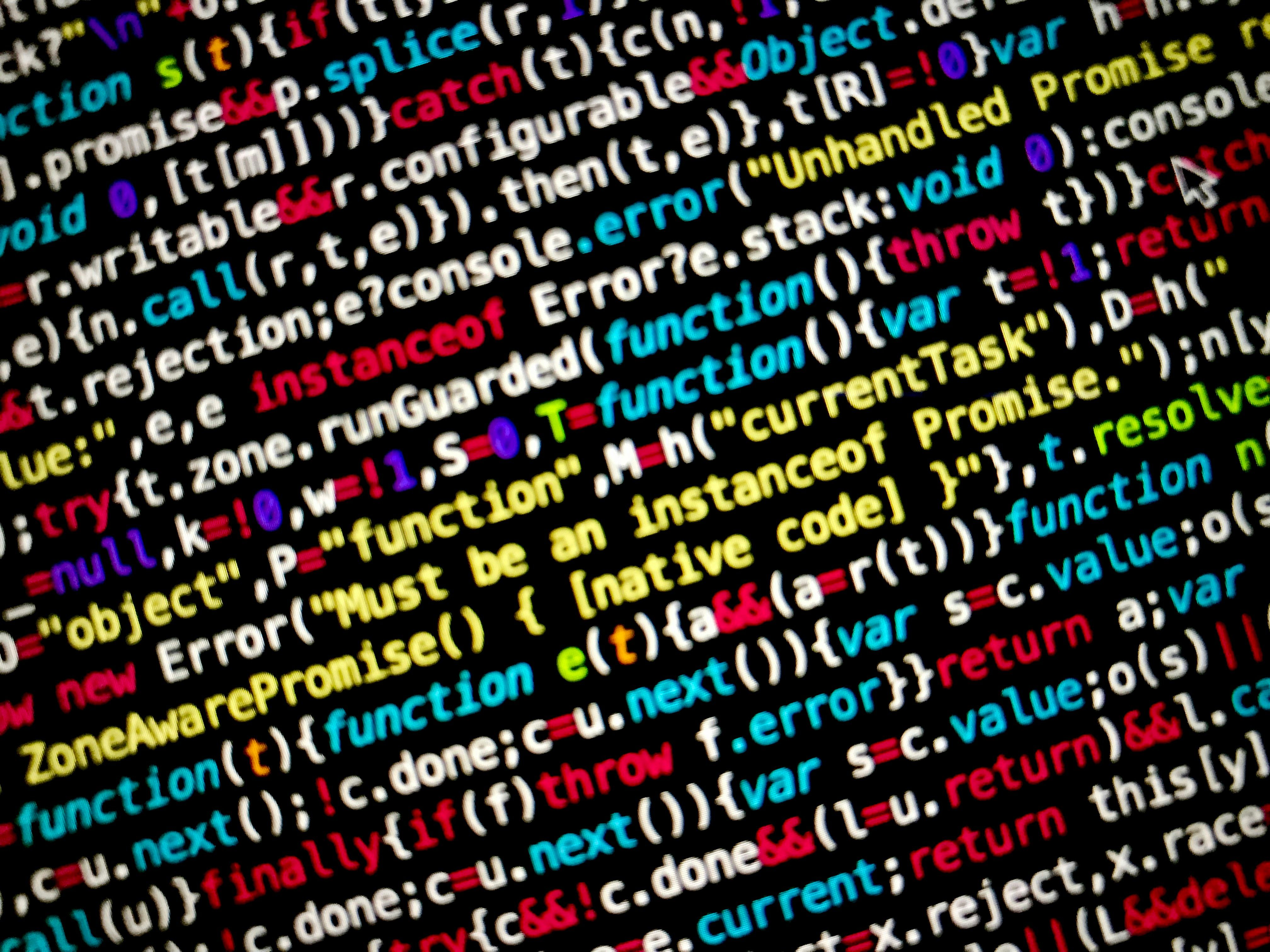Top Data Headlines: Distilling Essential Insights in Digital News
In the week spanning April 21st through April 28th, 2025, artificial intelligence (AI) made significant strides in addressing numerous real-world challenges across diverse domains, including social, healthcare, and scientific sectors.
Improving Traffic Safety
Nota AI, a South Korean AI optimization company, teamed up with Dubai's Road and Transport Authority to improve traffic safety. The collaboration utilizes a real-time video analysis platform that scans footage from traffic cameras, identifies hazards like accidents and stalled vehicles, and alerts emergency teams with precise location data. Additionally, the platform generates automated reports to streamline traffic management. The deployment is part of Dubai's broader smart city agenda.
Accelerating Cancer Research
Researchers from Argonne National Laboratory and the University of Chicago are employing AI to expedite cancer drug discovery. By combining AI models with atomic-level simulations of unstable protein structures, they can identify potential binding sites for therapeutic molecules, thereby speeding up the search for treatments for cancers resistant to existing drugs.
Modernizing Farm Equipment
John Deere, an agricultural machinery company based in Illinois, has developed an AI-powered sprayer system that reduces chemical use by up to 60 percent. The system, which mounts on a tractor, uses cameras to scan the ground and AI software to distinguish weeds from crops based on leaf shape. It triggers herbicide only where needed and collects images to improve accuracy over time.
Supporting Student Mental Health
Cardiff Youth Service in Wales is piloting an augmented reality (AR) therapy app to help teenagers with anxiety and school avoidance. The app, featuring a game-like interface, allows users to create digital flowers and view them in their real-world environments via their phone cameras. Early trials in Cardiff and Swansea revealed increased social interaction and reduced anxiety symptoms, particularly among neurodivergent students.
Reconnecting Liberians with their Heritage
The Back-to-Africa Heritage and Archaeology Project, a U.S.-based initiative working with the National Museum of Liberia, is using virtual reality (VR) to bring historical artifacts housed in American collections to local classrooms in Monrovia. Through its Traveling Treasures program, students can explore high-resolution 3D models of historical items, such as a handheld paper fan from the 1952 presidential election, now stored at Northwestern University. The initiative has stimulated strong student engagement and renewed interest in Liberia's dispersed heritage.
Managing Beach Overcrowding in Greece
Researchers at the University of the Aegean have developed an algorithm to manage tourism at 12 protected beaches in the western Peloponnese. The tool assesses each site's carrying capacity considering factors like physical space, ecological sensitivity, and visitor perceptions. On Kalo Nero Beach, for instance, daily visitors exceed the sustainable threshold by more than three times. The system provides local authorities with a data-driven approach to reduce overcrowding and protect fragile coastal ecosystems.
Mapping Cells in Cancerous Tumors
Nucleai, an Illinois-based biotechnology company, is using AI to improve cancer treatment development andtargeting. Its platform analyzes tissue samples by mapping how cells interact within tumors, a field known as spatial biology. By identifying spatial biomarkers—patterns that predict treatment response—the system assists drug developers in selecting better trial participants and designing more effective therapies.
Monitoring Hen Health
FAI Farms, an agriculture tech firm based in Oxford, has developed Flockwise, an AI system aimed at improving hen welfare and farm operations. The system analyzes data from sensors, including sounds hens make, to detect signs of stress, illness, or environmental issues and alerts farmers. In addition, the system can track feed, equipment, and egg quality. If expanded widely, Flockwise could increase industry income by £280 million and lower the industry's carbon footprint through more efficient hen production.
Advancing Workplace Productivity
Zoom is launching an agentic assistant to boost productivity by scheduling meetings, assigning follow-ups, and helping draft documents. Instead of relying on a single large AI model, the assistant employs multiple specialized models optimized for specific tasks, making it faster, more efficient, and better tailored to workplace routines.
Converting Brainwaves to Speech
Neuroscientists at UC San Francisco and Precision Neuroscience in New York are developing brain implants that use AI to convert neural activity into speech. The system learns from silent speech attempts and employs deep learning to decode neural activity into audio. Precision recently received approval to keep its high-resolution implants in place for up to 30 days, enabling the creation of a potentially game-changing database of neural speech signals and paving the way for permanent, voice-restoring devices.
- The real-time video analysis platform developed by Nota AI and the Road and Transport Authority in Dubai is data-driven, utilizing AI to identify hazards and alert emergency teams with precise location data.
- Researchers from Argonne National Laboratory and the University of Chicago are applying AI to science, using models in combination with atomic-level simulations to expedite cancer drug discovery.
- John Deere's AI-powered sprayer system, a technology innovation, is designed to reduce chemical use by up to 60 percent and is aimed at the health-and-wellness sector, as it differentiates weeds from crops based on leaf shape.
- In education-and-self-development, the augmented reality (AR) therapy app piloted by Cardiff Youth Service is leveraging AI to support mental health, particularly among neurodivergent students.
- The Back-to-Africa Heritage and Archaeology Project is using virtual reality (VR) and data-and-cloud-computing to reconnect Liberians with their heritage, bringing high-resolution 3D models of historical artifacts to local classrooms in Monrovia.
- The algorithm developed by researchers at the University of the Aegean is using AI to manage tourism at protected beaches in Greece, providing a data-driven approach to protect fragile coastal ecosystems from overcrowding.
- Nucleai's AI platform is a breakthrough in the field of spatial biology, using AI to analyze tissue samples and identify spatial biomarkers that can help drug developers select better trial participants and design more effective therapies.








